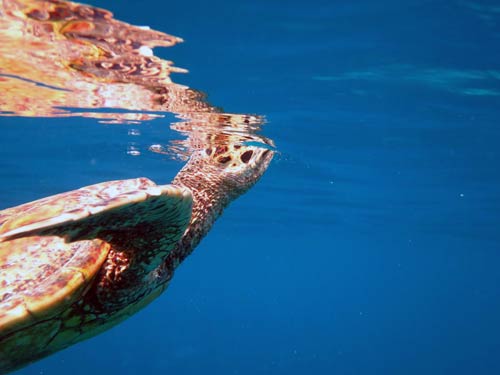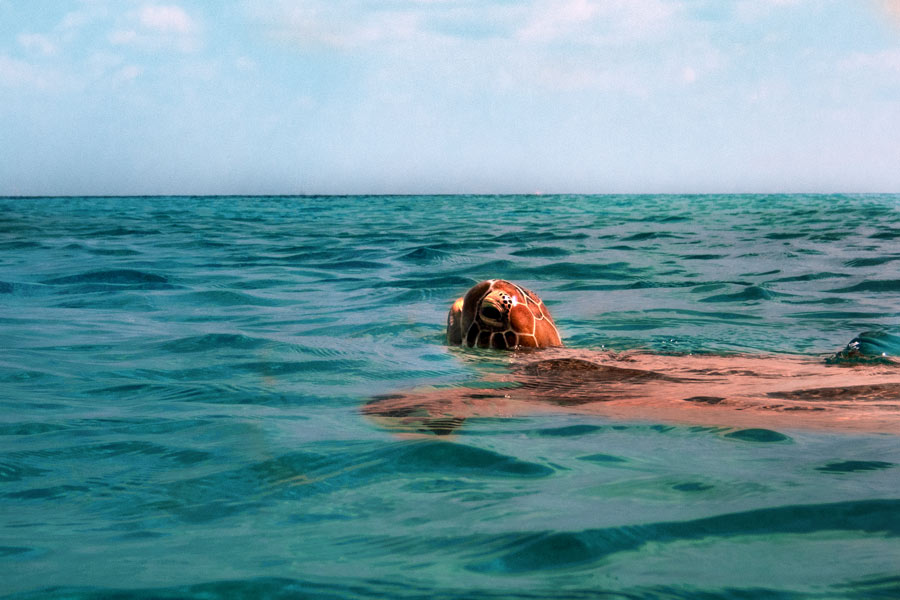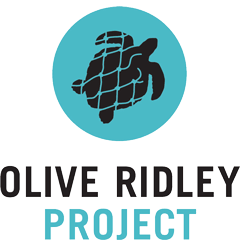Just like other reptiles, sea turtles have lungs. They have a slightly different structure than mammalian lungs, but work just as well when it comes to exchanging gases (oxygen and carbondioxide). The lungs are located right under the carapace and the vertebral column.
Ventilation of the lungs (breathing) is achieved by movements of the muscles attached to the pelvic and shoulder girdles and to the plastron. You can sometimes see turtles ‘rocking‘ their shoulders when they are not underwater; this movement of the muscle masses around the shoulder also helps them breathe by changing the pressure inside the lungs.


References:
- Wyneken J 2001. The Anatomy of Sea Turtles: Part II. U.S. Department of Commerce NOAA Technical Memorandum NMFS-SEFSC-470, 53-112.

